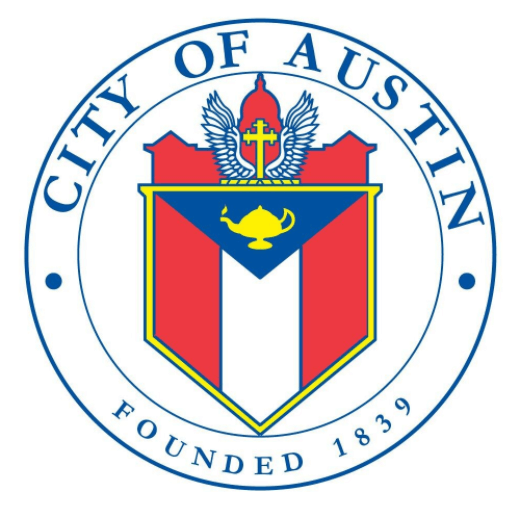By JO CLIFTON, Austin Monitor

Austin voters will likely have a lot to think about before going to the polls on May 1. City Clerk Jannette Goodall has already certified two petitions – one from Austinites for Progressive Reform and another from the Austin Firefighters Association – to revise Austin’s City Charter.
APR is asking voters to approve a charter amendment that would change Austin’s Council-manager form of government to a strong-mayor form of government, plus three other changes. The firefighters are seeking a provision in the City Charter creating a binding arbitration process for labor contract negotiations.
Both groups filed their petitions with the expectation that voters would be given an opportunity to weigh in on the requests on the next uniform election day, May 1. However, under state law, it would be possible to wait until November 2022 to hold those elections.
A third group, Save Austin Now, is not looking for a charter change, but gathered petitions in support of an ordinance prohibiting people from sitting, lying or camping in most parts of the city. The ordinance is similar to one City Council repealed in 2019. If that petition is certified as having the required 20,000 signatures, the proposal would be on the ballot this spring.
At Tuesday’s work session, Council heard from its legal staff about those petitions and some of the ways they would change how the city conducts business. A number of Council members expressed their opposition to both the strong-mayor proposal and another proposal, called “democracy dollars,” presented by APR.
Under APR’s proposal, the mayor would appoint the city attorney and would have veto power over ordinances approved by Council. City Council would be able to override the veto within 45 days with a two-thirds vote or eight members, or a three-fourths vote or nine members if a three-fourths vote was required to approve the ordinance.
Council Member Kathie Tovo said the strong-mayor proposal envisions “a huge transformation of our government structure. This is not something I would want to undertake without extensive community conversations.” She pointed out that in the past, Council has appointed a Charter Review Commission that had extensive hearings before making any proposals for charter changes. APR states that it had the same kinds of meetings with citizens about its proposals.
But that lack of a city-sponsored process, along with giving the mayor veto power over Council’s actions and a host of duties involving operation of all the city’s functions, represents a huge departure from the current system, Tovo said. She said she was not sure about when the matter should be on the ballot and asked whether mayoral candidates would be required to have any special qualifications. The answer was no, aside from residency requirements.
Tovo said she was looking forward to having another work session discussion on the matter before putting it on the ballot.
Attorney Jim Cousar, who has provided legal advice to Austinites for Progressive Reform, told the Austin Monitor that a 1997 law gives the city a choice on most charter amendments.
“They can hold the election on the next uniform election day or they can wait until the next general election,” he said, adding, “I think it would be really be an abuse of discretion … on the part of the city … to make the (APR) charter amendment wait until November 2022 because there is going to be an election” for the firefighters’ provision and the camping ordinance. So the city would not be saving any money by postponing the APR election.
Bob Nicks, president of the Austin Firefighters Association, told the Monitor that if the firefighters’ arbitration item was not put before voters until November 2022, it potentially “hurts us a lot.” The firefighters are scheduled to begin the bargaining process on their five-year contract in the spring of 2022. If voters could not vote on the arbitration process until the fall of 2022, firefighters would lose five years of governance under the arbitration process.
Council Member Leslie Pool said under the strong-mayor system, “The mayor would become the final arbiter on employee appeals. It sounds to me like we have collapsed and conflated the three” parts of government, and the proposal “is waving some pretty significant red flags to me.”
Pool said under the current system, “We have three separate branches of government, which curbs overreach,” but under the proposed strong-mayor system, one person would be the chief executive officer as well as the appellate decision-maker. “I’m not sure where my voice fits in there … or the voices of my constituents.”
She added that the proposal to take money from the city budget for candidates to run for office does not include any provision for suspending that program if the city were in a budget bind and had to lay off employees.
One of the leaders of APR, Eugene Sepulveda, said of Pool’s concerns, “Democratic governments all over the country include an executive with veto power, and that’s proven pretty good for democracy in America. I don’t know why people think that would not be good for democracy in Austin, Texas. Leslie … should read more closely, because her take on the collapse of the government is a silly statement. That’s not what would happen.”
Austin Monitor is an online, nonpartisan, 501(c)3 nonprofit publication.
